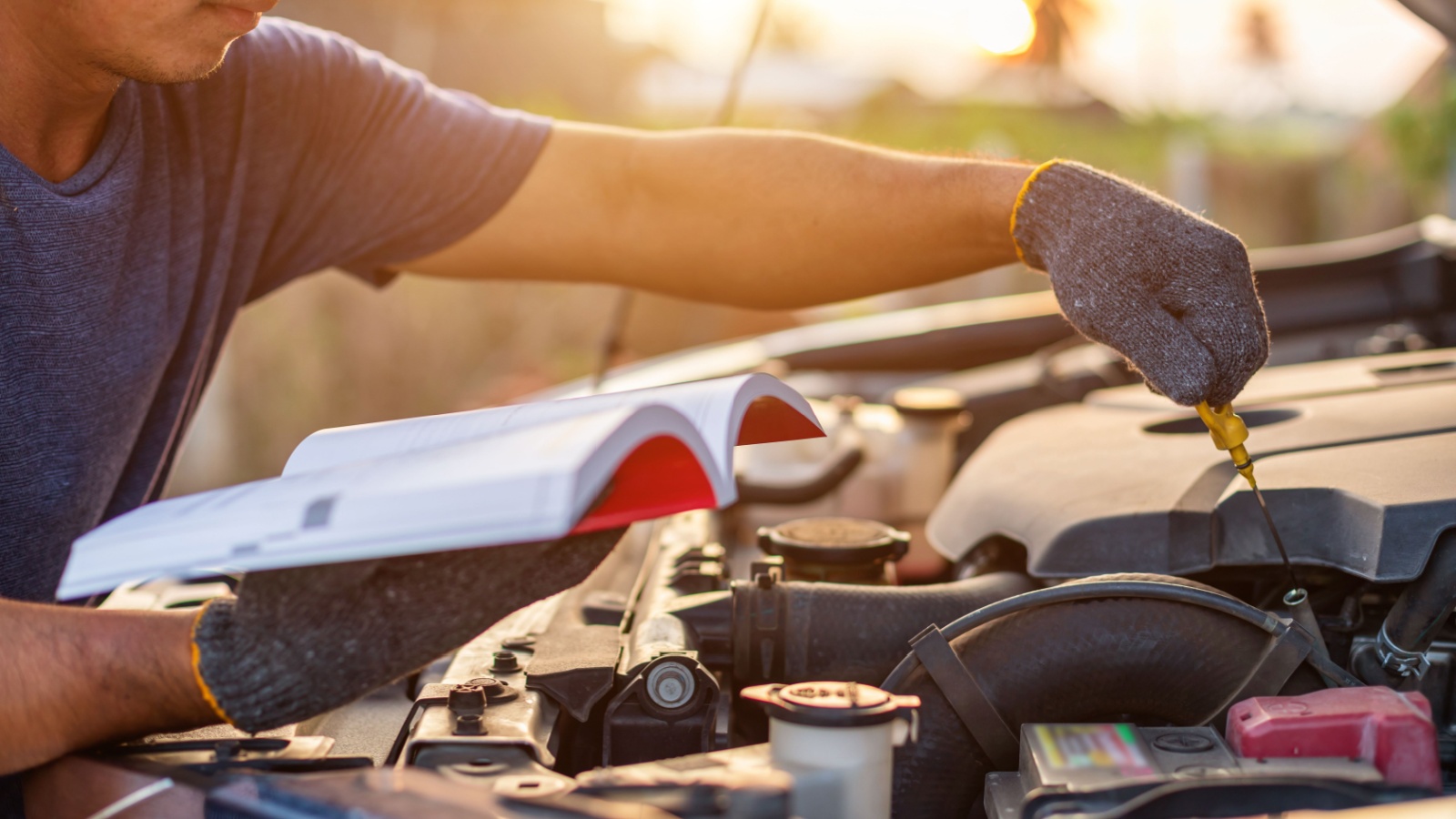

Keeping your car in top shape doesn’t have to break the bank. With these simple, money-saving tips, you can extend your vehicle’s life and dodge expensive trips to the mechanic. Regular maintenance is the key to a healthy car and a happier wallet.
Read Your Owner’s Manual
Your car’s manual is a goldmine of information. It outlines specific maintenance schedules and procedures for your vehicle. Following these guidelines can prevent unnecessary wear and tear. You’ll learn when to change fluids, replace parts, and perform routine checks. This knowledge helps you avoid overspending on unneeded services or repairs.
Check Your Tire Pressure Regularly
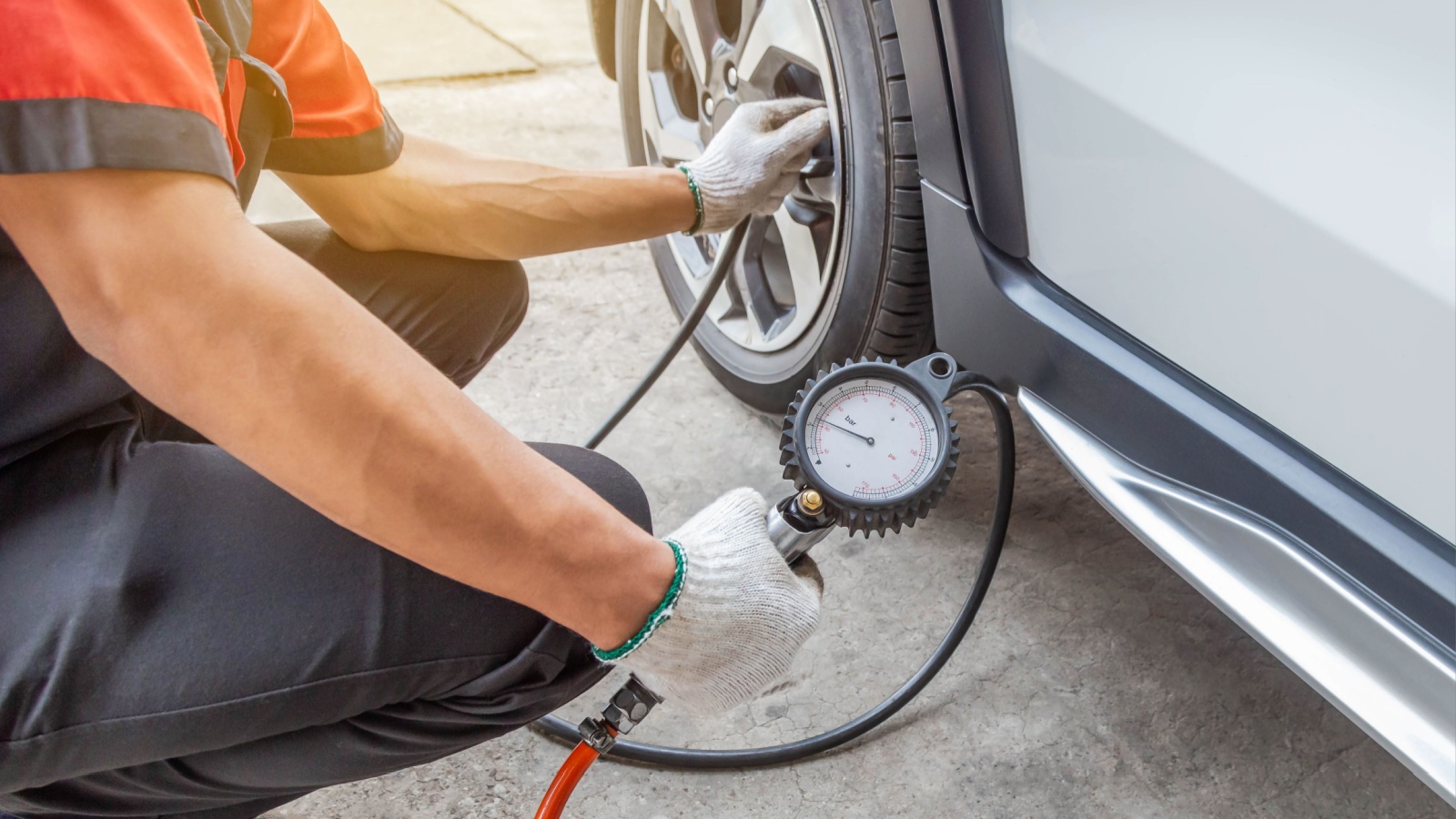
Properly inflated tires can save you money in multiple ways. They improve fuel efficiency, reduce wear, and prevent blowouts. Use a simple tire pressure gauge to check your tires monthly. You can find the correct pressure in your owner’s manual or on the driver’s side door jamb. Many gas stations offer free air, making this an easy and cost-free maintenance task.
Rotate Your Tires
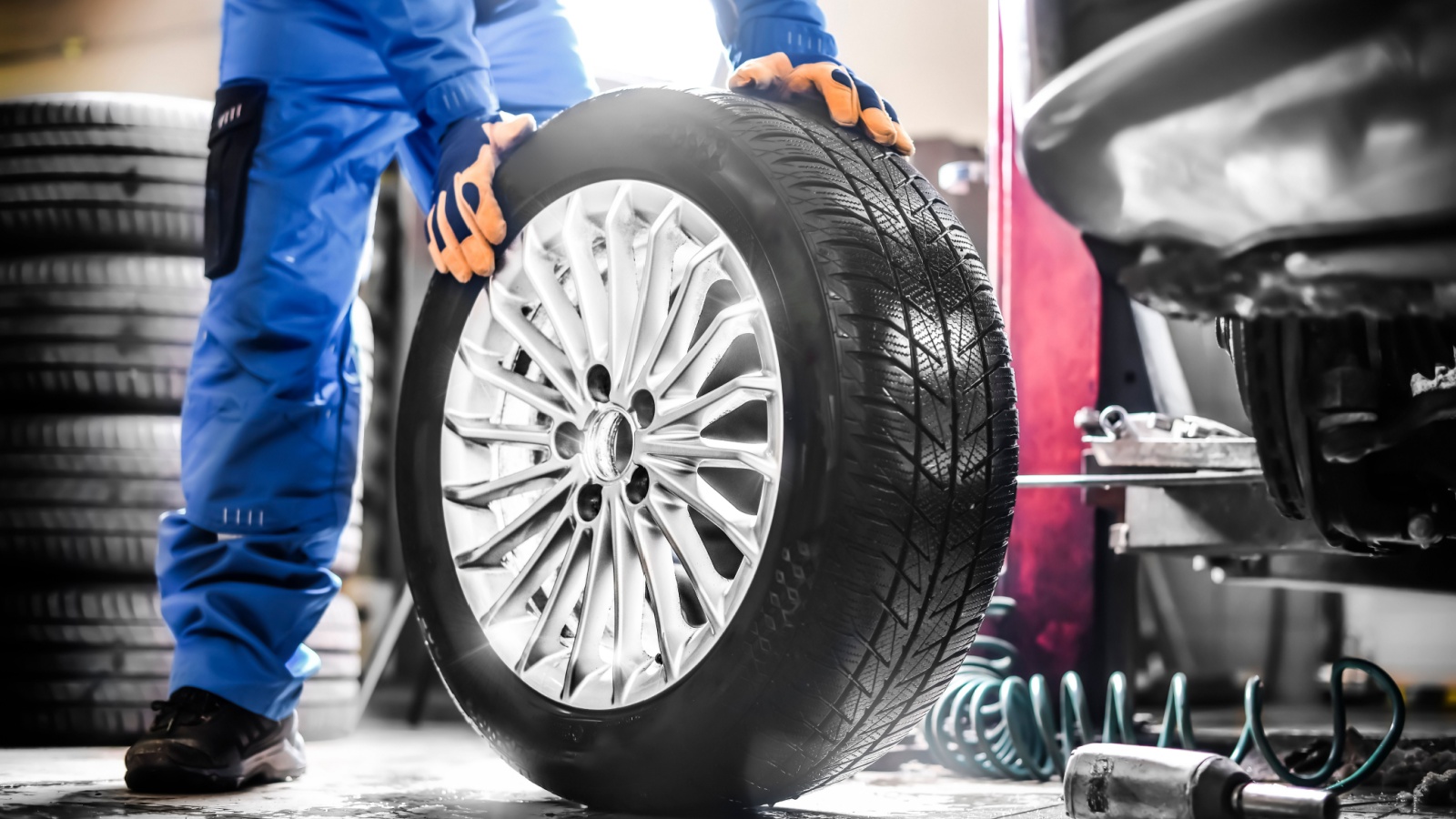
Tire rotation helps your tires wear evenly, extending their life. Most mechanics recommend rotating tires every 5,000 to 8,000 miles. You can do this yourself with a jack and some basic tools. If you’re not comfortable doing it, many shops offer free rotation when you buy tires from them. Regular rotation can double the life of your tires, saving you hundreds of dollars in the long run.
Change Your Oil and Filter
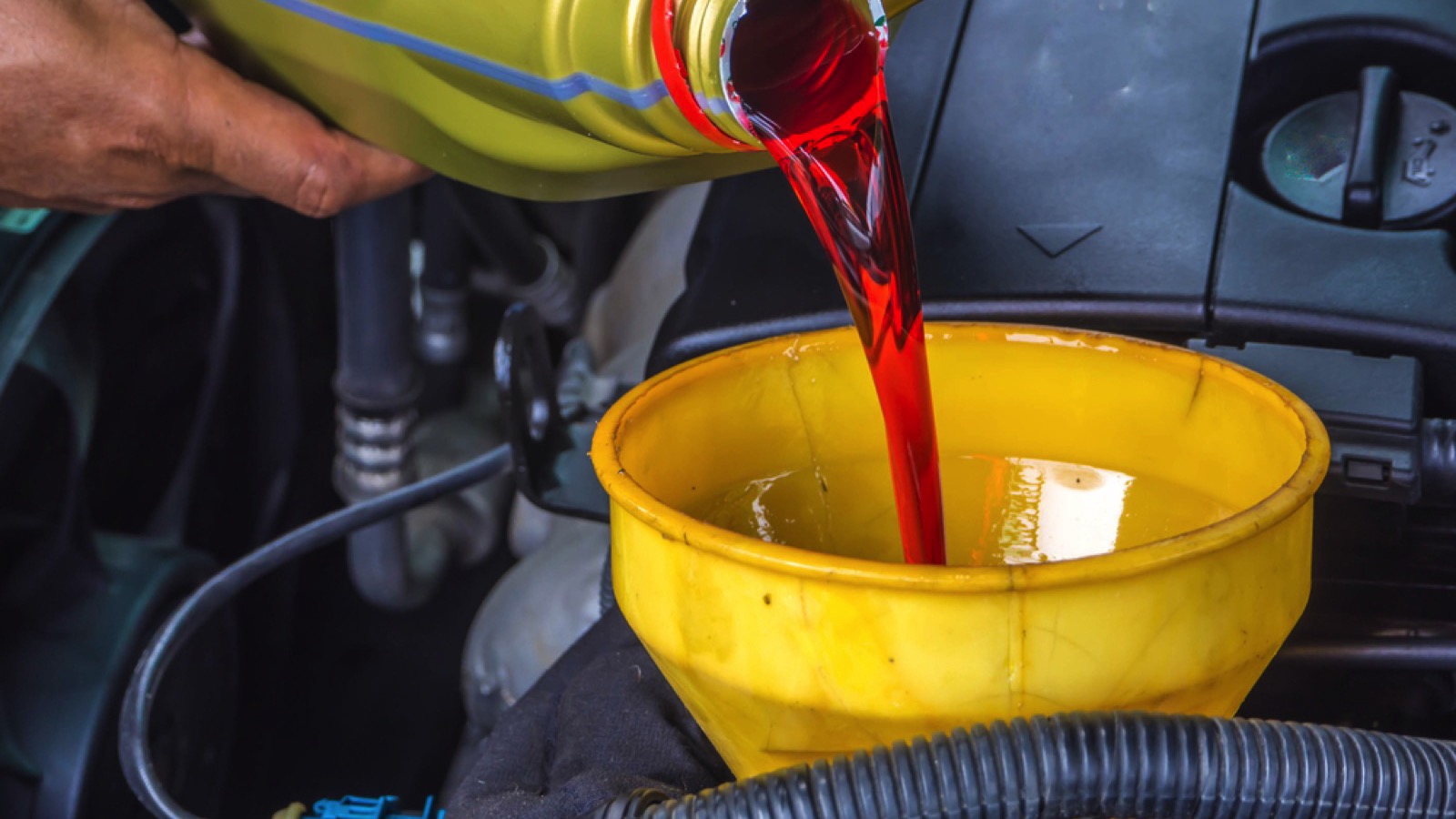
Regular oil changes are crucial for your engine’s health. Dirty oil can cause engine damage and reduce fuel efficiency. Check your manual for the recommended oil change interval. Many modern cars can go 5,000 to 7,500 miles between changes. Learning to change your own oil can save you money. If you prefer professional service, look for coupons or specials at local shops.
Replace Your Air Filter
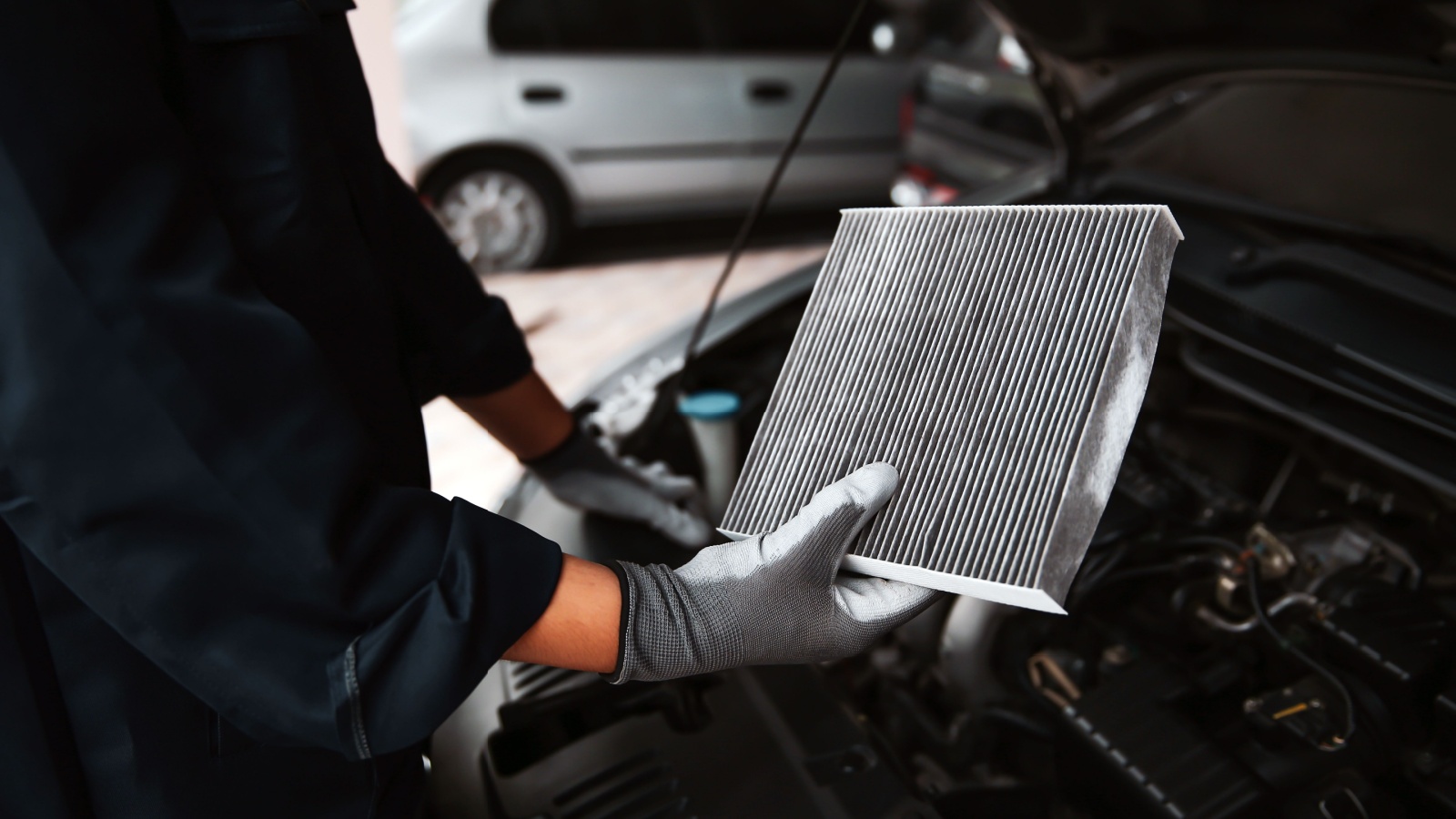
A clean air filter helps your engine run efficiently. It’s an easy and inexpensive part to replace yourself. Most air filters should be changed every 15,000 to 30,000 miles. A clogged filter can reduce fuel economy and engine performance. You can find the right filter for your car at an auto parts store and install it in minutes with basic tools.
Keep Your Battery Clean

Corroded battery terminals can lead to starting problems and reduced battery life. Inspect your battery regularly for signs of corrosion. Clean the terminals with a mixture of baking soda and water using an old toothbrush. Rinse with clean water and dry thoroughly. This simple task can extend your battery’s life and prevent costly replacements or jump-starts.
Check and Replace Windshield Wipers
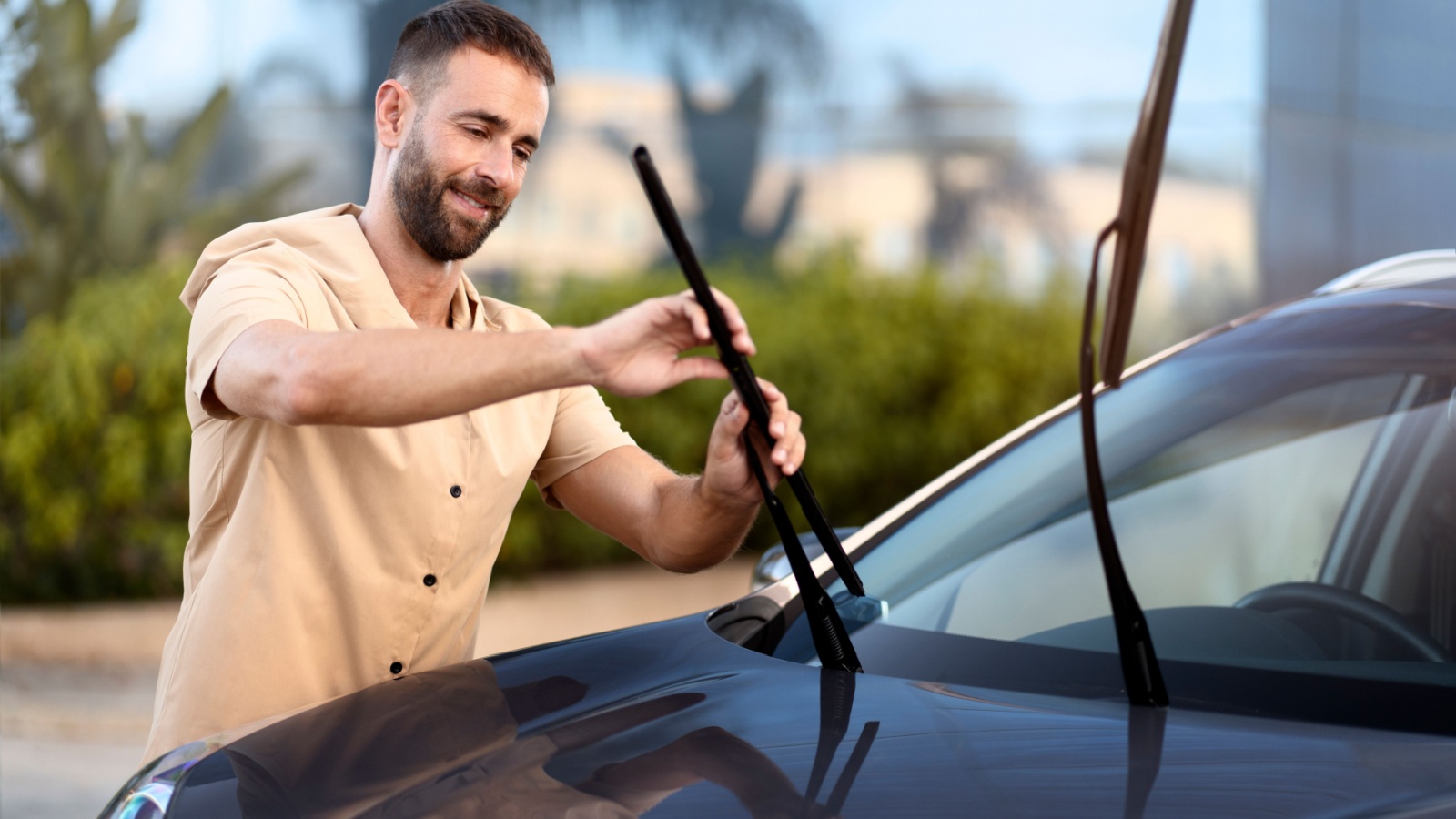
Worn wipers can scratch your windshield and reduce visibility in bad weather. Inspect your wipers for cracks or missing pieces. Most wipers should be replaced annually or when they start leaving streaks. Replacing wipers yourself is easy and much cheaper than paying a shop. Many auto parts stores will even install them for free when you buy them there.
Monitor Your Brakes
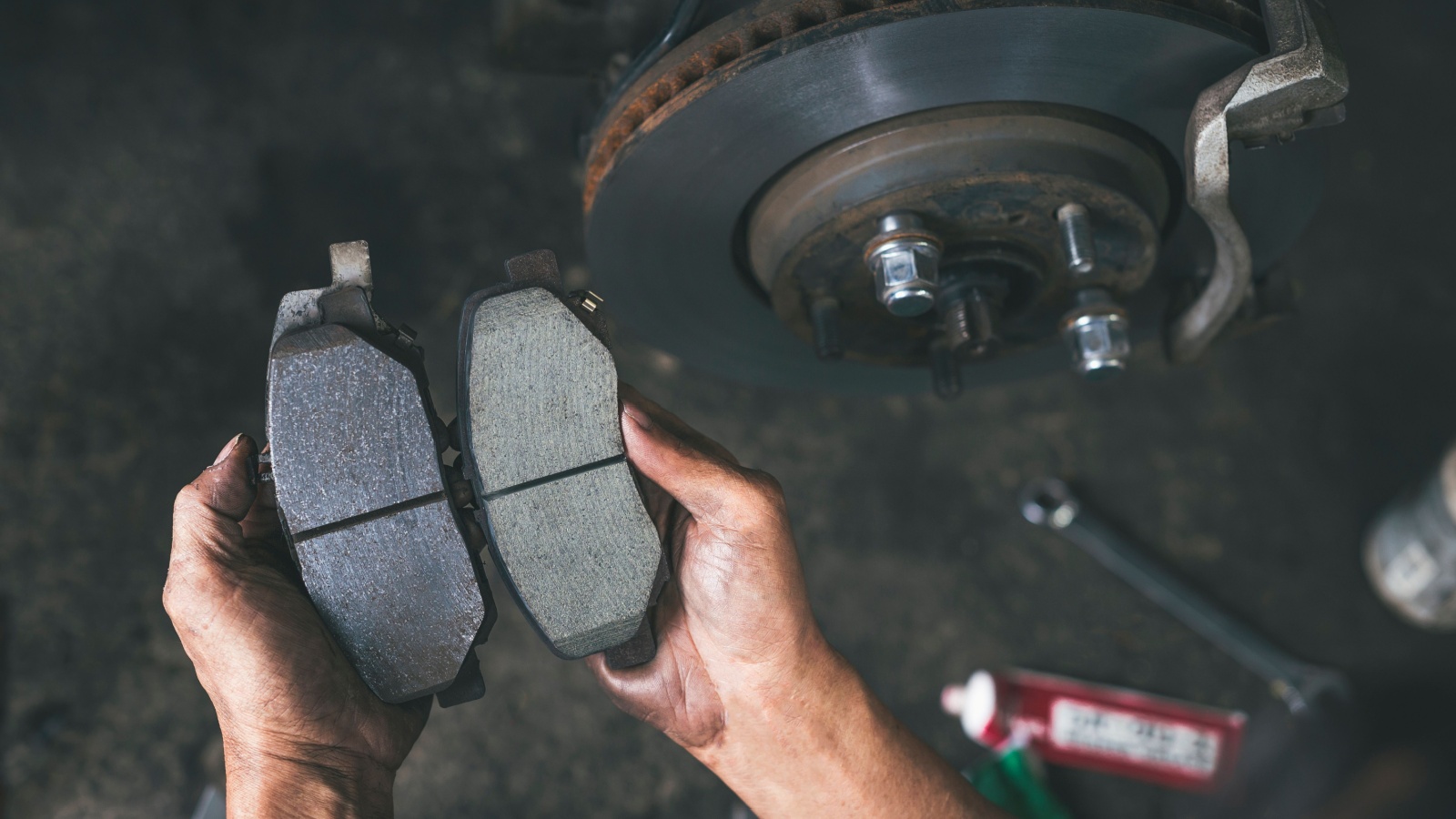
Listening to your brakes can save you money. If you hear squealing or grinding, it’s time for new brake pads. Replacing pads early prevents damage to rotors, which are much more expensive to replace. Many brake pads have wear indicators that squeal when it’s time for replacement. Regular brake inspections can catch issues before they become costly problems.
Flush Your Cooling System
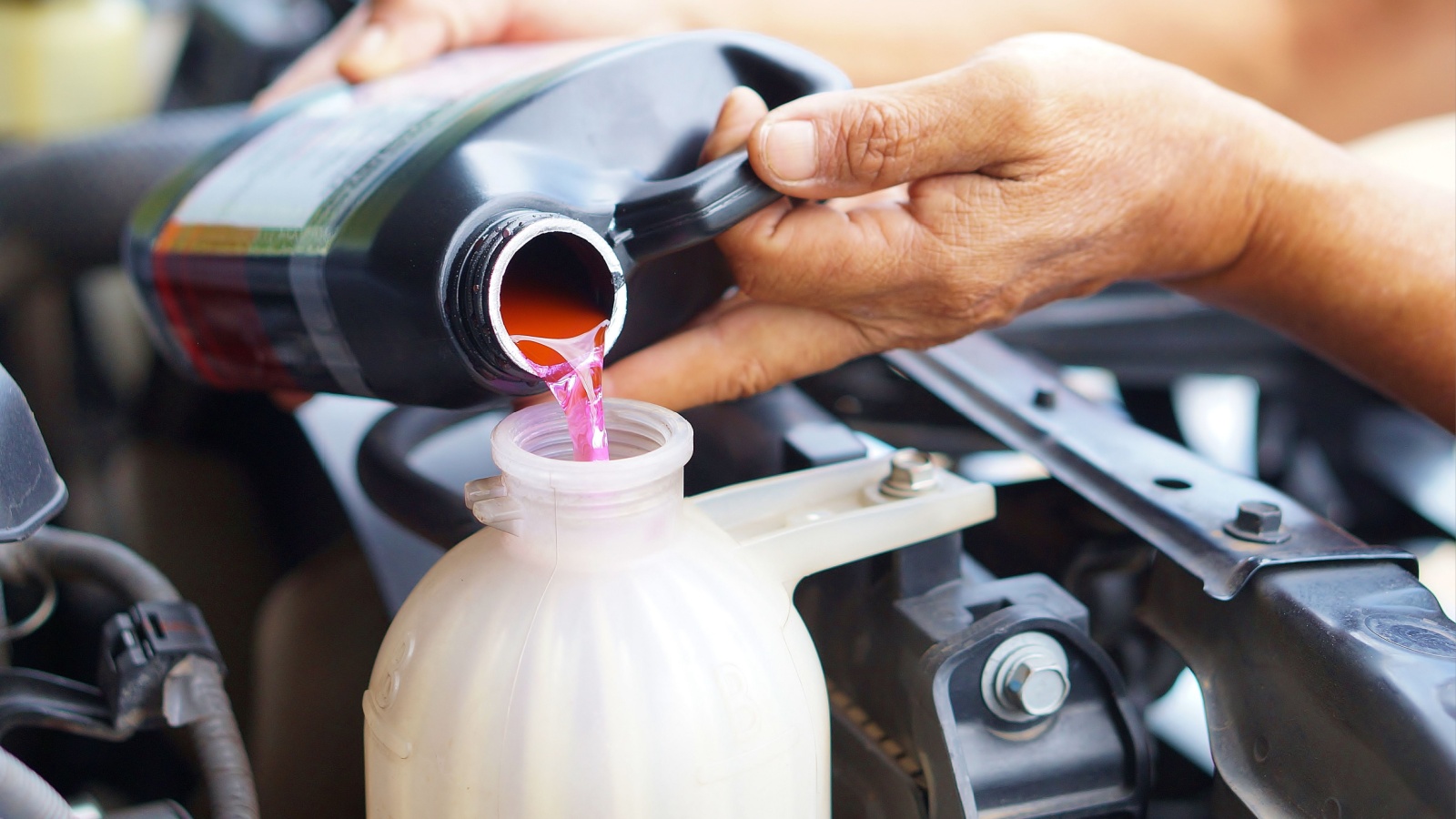
Your car’s cooling system prevents overheating and engine damage. Over time, coolant breaks down and becomes less effective. Most manufacturers recommend flushing the system every 30,000 to 50,000 miles. You can do this yourself with a flush kit from an auto parts store. Regular flushes prevent corrosion and extend the life of your radiator and water pump.
Keep Your Car Clean
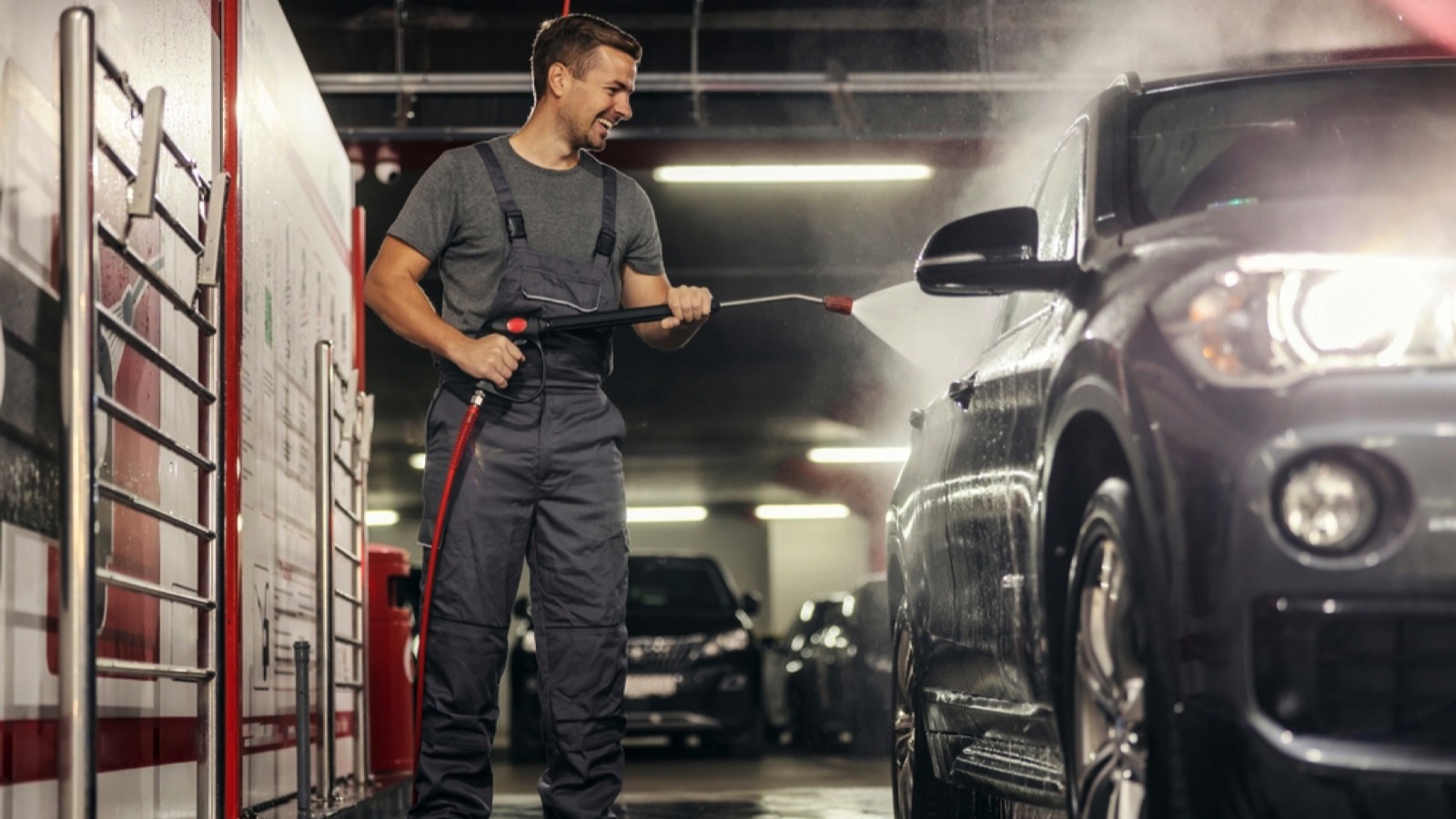
Regular washing and waxing protect your car’s paint and prevent rust. Rust can lead to expensive body repairs. Pay special attention to the undercarriage, especially in winter when salt and road chemicals can cause corrosion. A clean car also helps you spot leaks or other issues early. Consider learning to detail your car yourself to save money on professional services.
Check Your Fluids
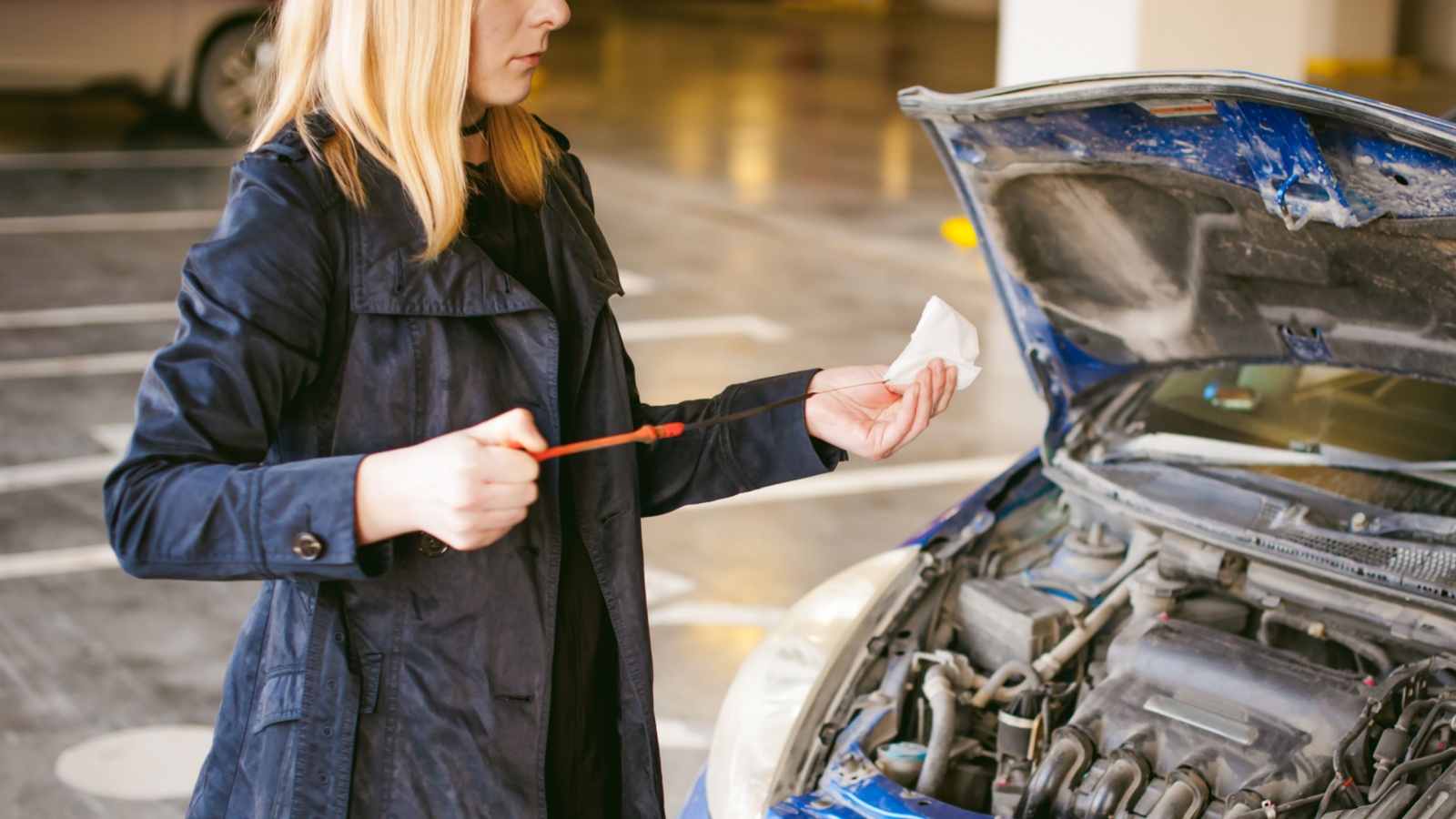
Regular fluid checks can prevent major problems. Check oil, coolant, power steering fluid, brake fluid, and transmission fluid monthly. Low levels can indicate leaks or other issues. Topping off fluids is usually simple and inexpensive. Catching low fluid levels early can prevent engine damage, brake failure, or transmission problems.
Tighten Your Gas Cap
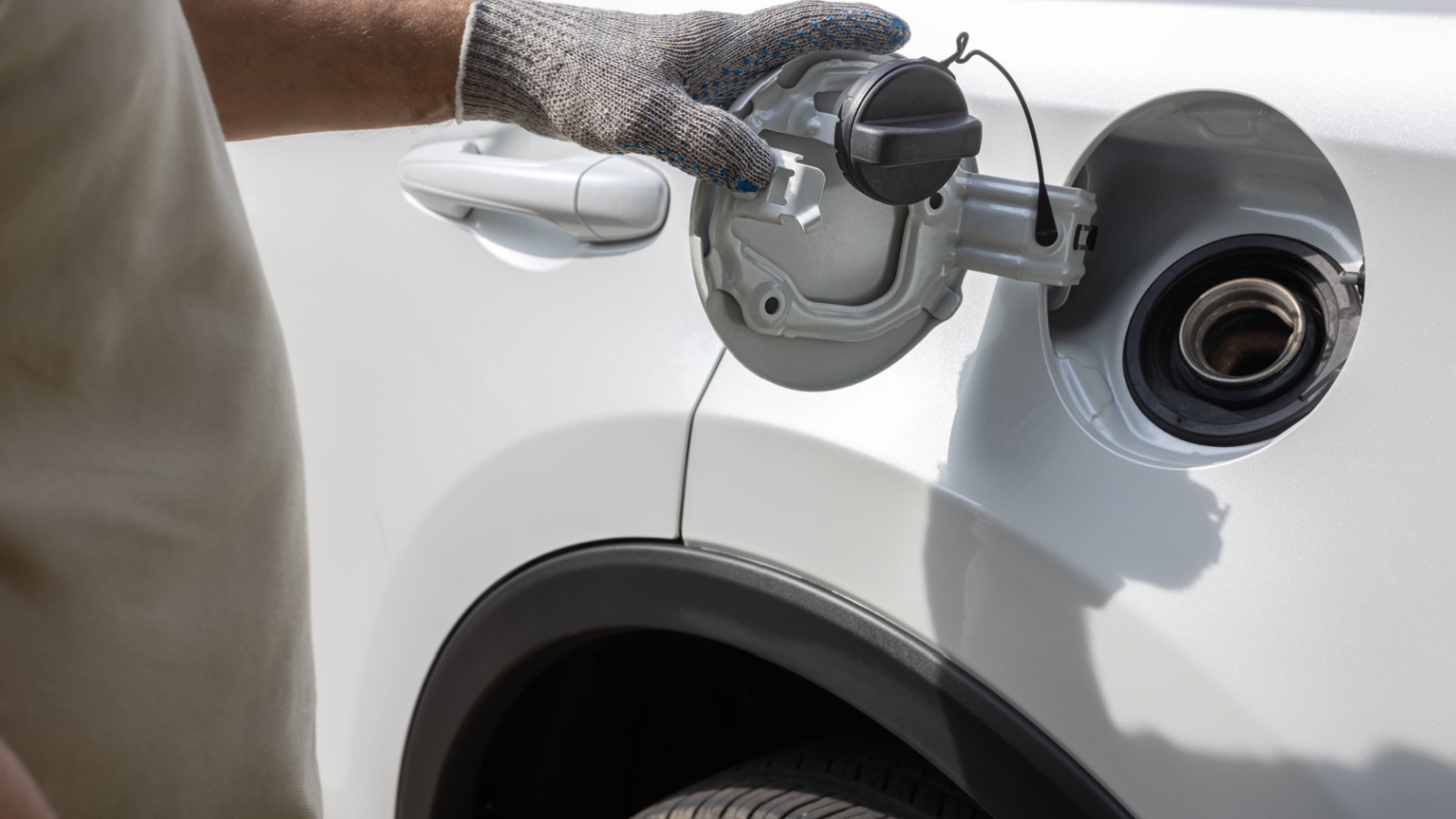
A loose or faulty gas cap can cause your check engine light to come on. It can also allow fuel to evaporate, wasting gas and money. Make sure your gas cap clicks when you tighten it. If it’s damaged or doesn’t seal properly, replace it. A new gas cap is much cheaper than a trip to the mechanic to diagnose a check engine light.
Drive Smoothly

Your driving habits can affect your car’s longevity. Avoid aggressive acceleration and braking. These habits wear out brakes, tires, and suspension components faster. Smooth driving also improves fuel economy. Try to anticipate stops and starts to reduce wear on your vehicle. This simple change in driving style can save you money on repairs and at the pump.
Learn Basic Diagnostics
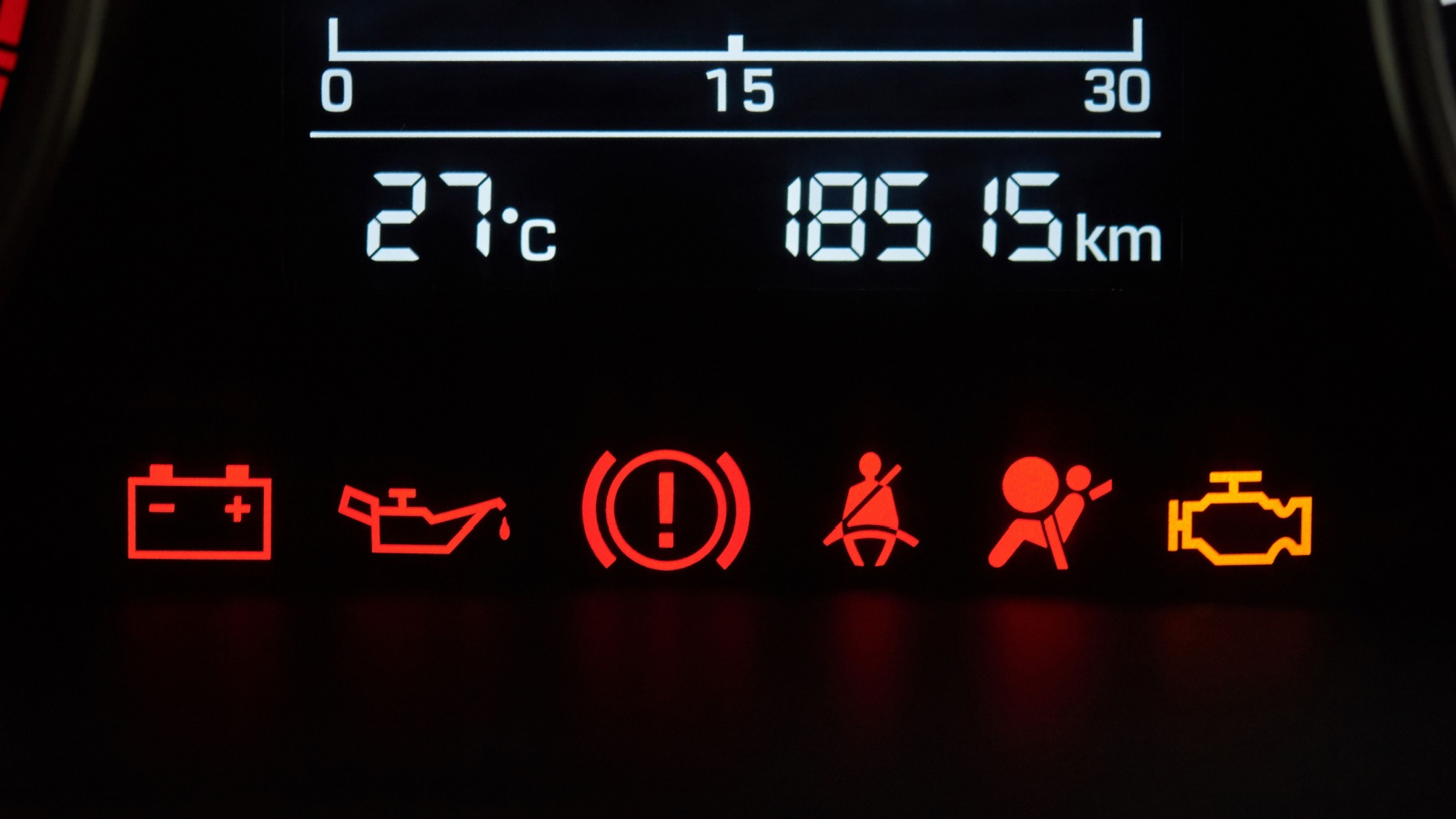
Understanding common car problems can save you from unnecessary mechanic visits. Learn to read your car’s warning lights and what they mean. Invest in an OBD-II scanner to read error codes yourself. These tools are inexpensive and can help you determine if a problem needs immediate attention or if it’s a minor issue you can fix yourself.
Keep Good Records
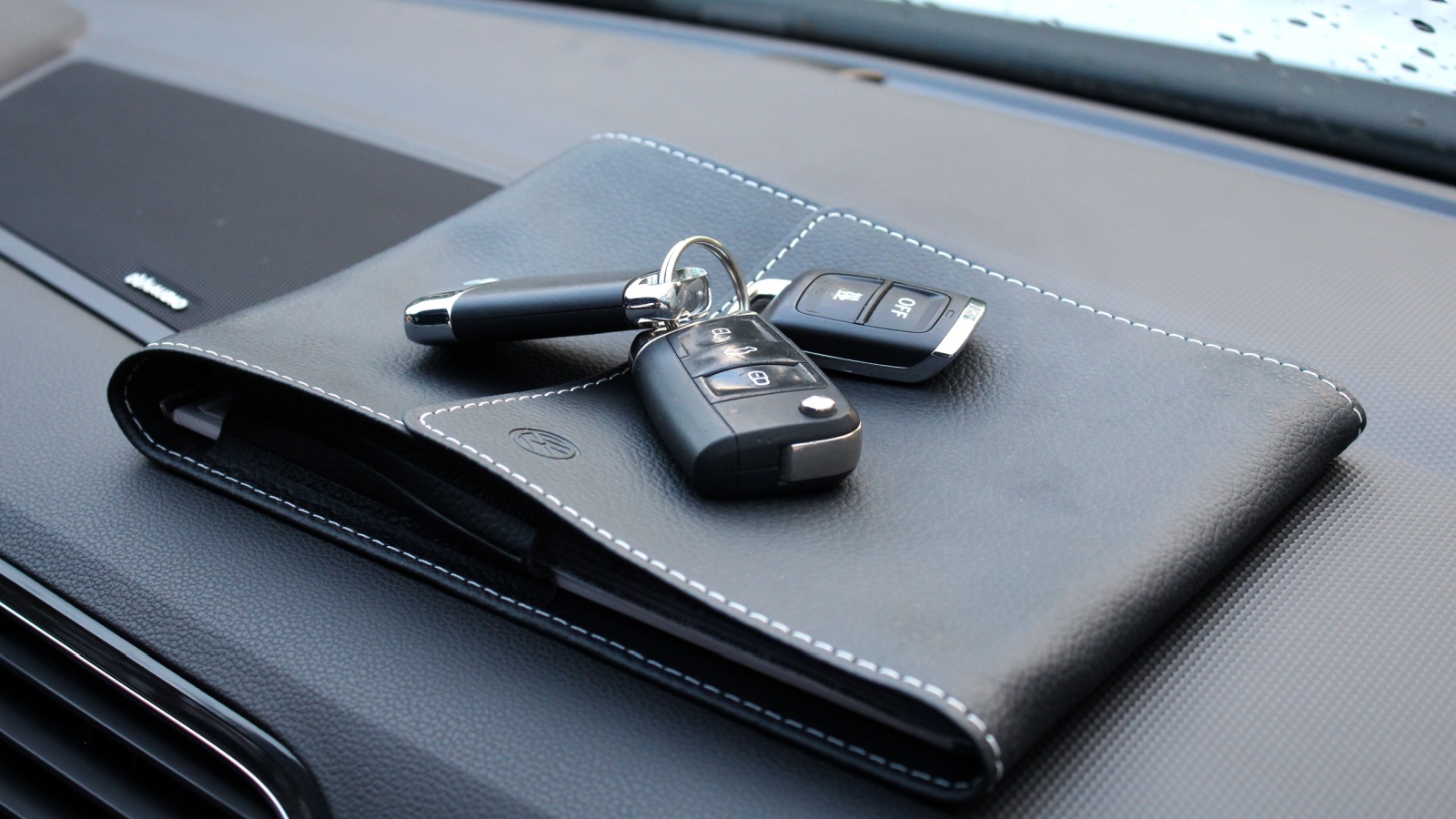
Maintaining a log of your car’s service history helps you stay on top of maintenance. It also increases your car’s resale value. Keep receipts for all services and repairs. Note the date and mileage for each service. This record helps you anticipate future maintenance needs and can help diagnose recurring problems. Good records can also help you budget for future car expenses.
14 Pieces of Outdated Money Advice That Can Derail Your FIRE Plan
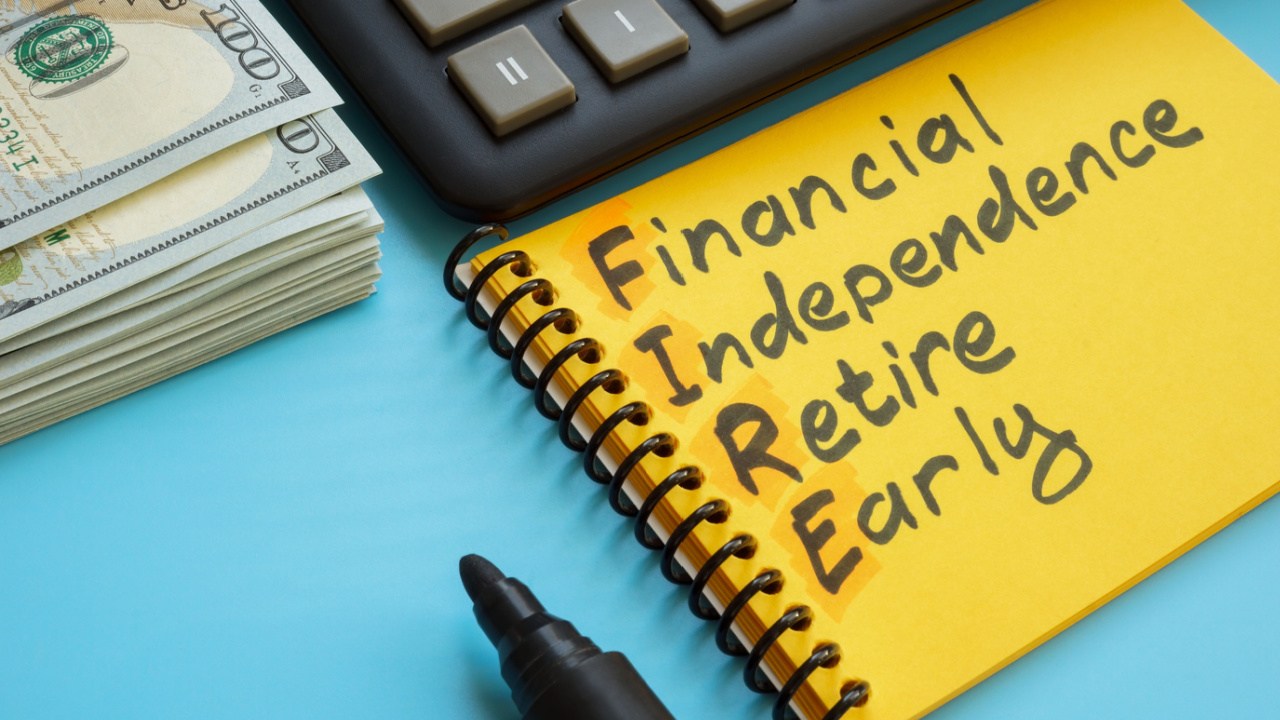
FIRE – Financial Independence, Retire Early. That’s the dream, right? Quit the rat race and live life on our own terms. It’s totally doable. Plenty of people join the FIRE movement and manage to retire pretty quickly. And there’s a LOT of advice out there on how to do it. Sadly, much of the advice is outdated or just plain bad.
12 Money Mistakes That Can Leave You Vulnerable in a Crisis
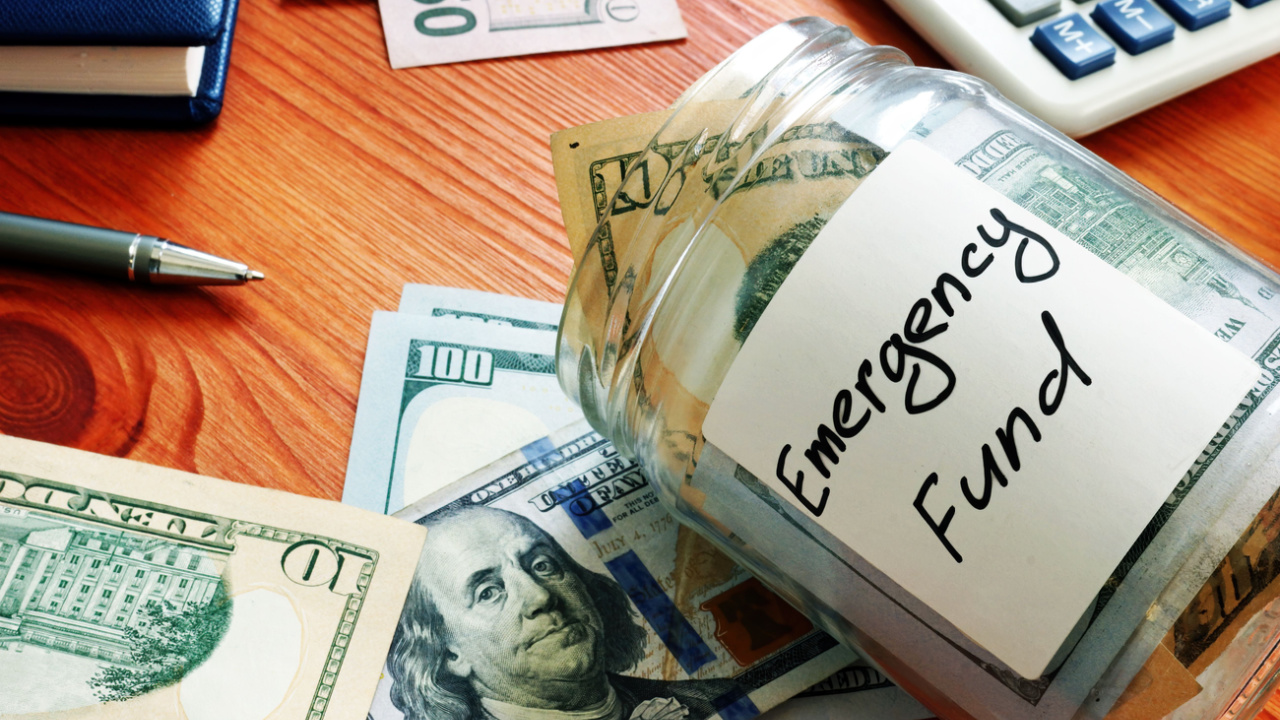
In times of uncertainty, financial stability is more crucial than ever. While prepping for physical emergencies is vital, don’t overlook financial prepping. Avoiding these common money mistakes can help make sure you’re in a stronger position to weather any storm.
Surviving the Crash: 17 Hot Takes on Crypto in a Post-Collapse World

With recent global unrest and economic uncertainties, many people are starting to worry about the stability of our money. They’re looking for new options like cryptocurrencies. Using digital money might sound strange, but it’s becoming more common. Big names like Bitcoin and Ethereum are leading the way. This article will look at how cryptocurrency could change things in a shaky economy. We’ll discuss the good and bad sides of using digital money. Get ready to learn about the crypto world and how it might affect our financial future!

